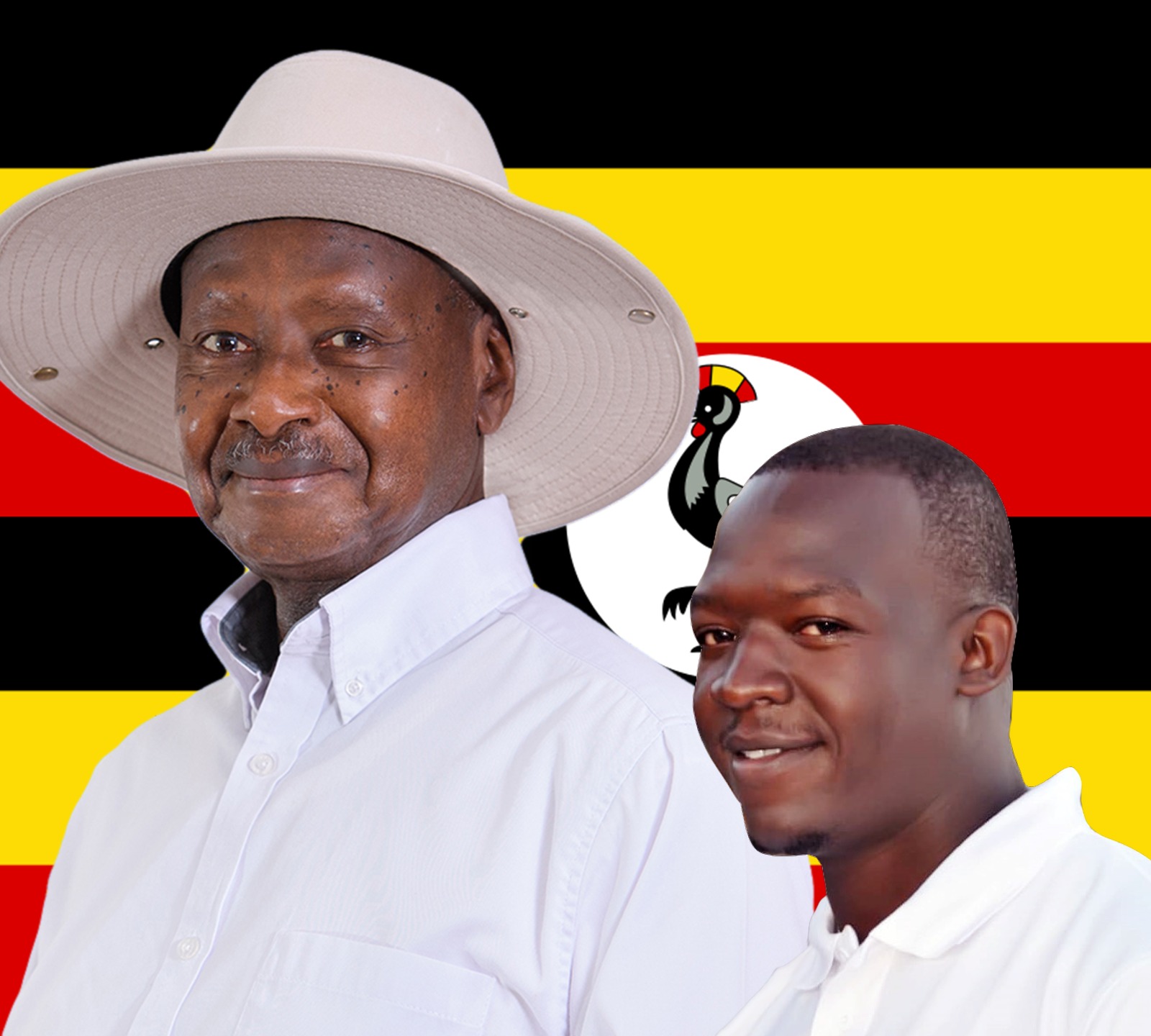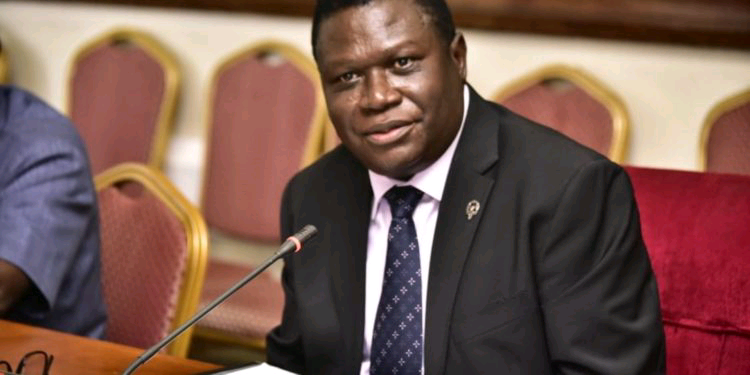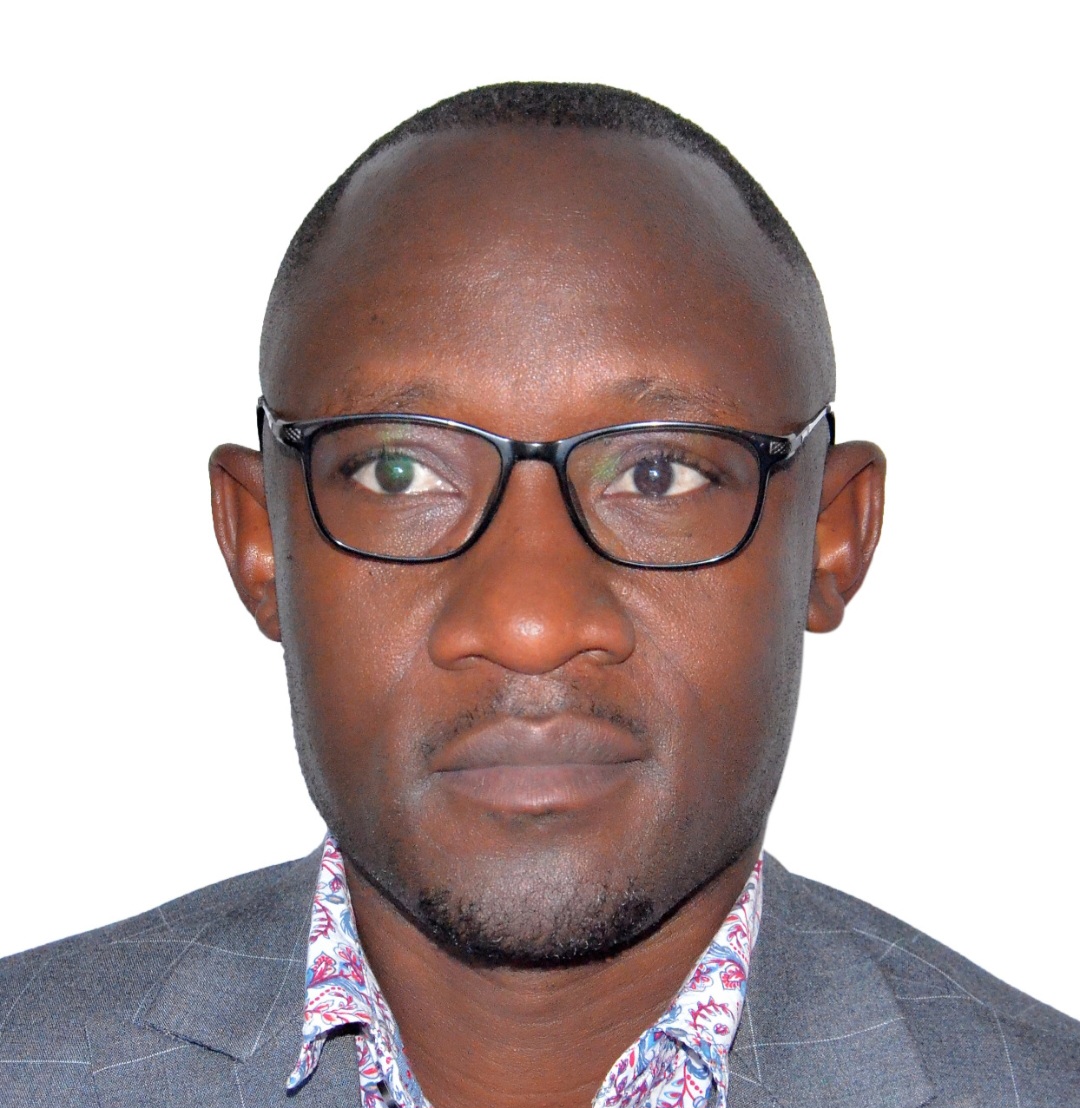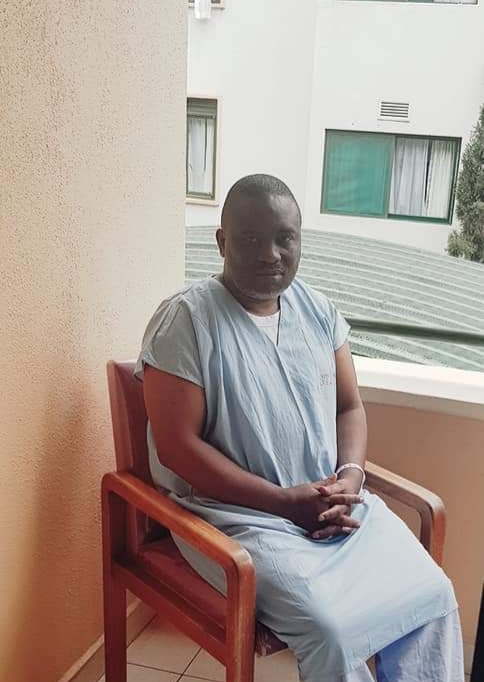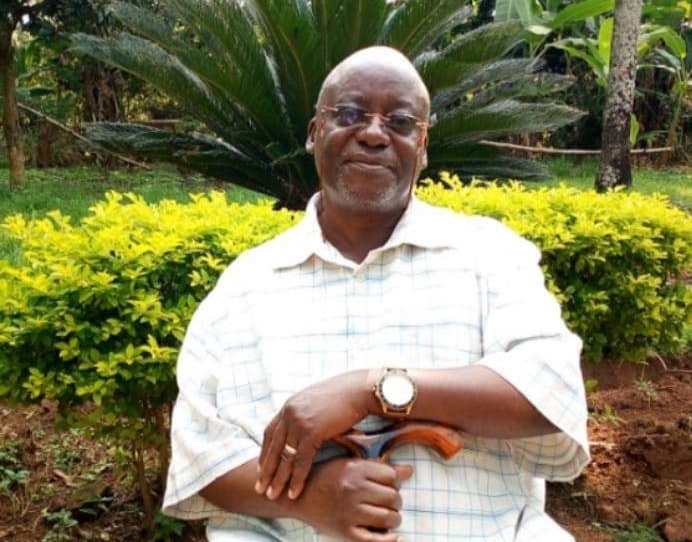In a moment that left many Ugandans stunned and others deeply moved, President Yoweri Kaguta Museveni, alongside the First Lady, publicly apologized to the nation. This act of contrition, especially coming from a long-serving head of state, was as unexpected as it was profound. In a country where power is often equated with infallibility, and where apologies from the top are as rare as rainfall in a drought, the president’s gesture struck a powerful chord. It is a moment that deserves more applause than mockery, more reflection than ridicule.
Critics were swift to question the sincerity and timing of the apology, pointing to the multitude of unresolved issues ranging from corruption to service delivery gaps. But to dwell solely on skepticism is to miss the bigger picture. Apologizing does not erase the past, but it opens the door to healing. It is an invitation to start anew. In leadership, where egos often tower taller than accomplishments, bowing before the people is not a weakness, it is an act of courage.
History has taught us that the most enduring leaders are not those who appear perfect but those who are brave enough to admit their imperfections. When U.S. President John F. Kennedy took responsibility for the failed Bay of Pigs invasion, his popularity soared rather than dipped. His honesty humanized him.
Similarly, South Africa’s Nelson Mandela frequently admitted his own shortcomings and leaned into collective responsibility, a trait that strengthened rather than diminished his moral authority. Closer to home, leaders who have faced their people with honesty and humility often leave behind a legacy richer than gold.
Religious teachings across cultures place high value on the act of repentance.
Christianity, the dominant faith in Uganda, teaches in 1 John 1:9 that if we confess our sins, God is faithful and just to forgive. The biblical parable of the prodigal son is a perfect example of how restoration begins with admission. The father’s forgiveness only came after the son’s return and confession. In the new testament, Luke 17:3-4, Jesus Christ himself says, “If your brother sins, rebuke him; and if he repents, forgive him.”
Forgiveness, therefore, is a moral imperative, not only for those who seek it but also for those to whom it is owed. To condemn a leader for apologizing is to discourage remorse, and in doing so, we risk hardening the hearts of future leaders against the idea of ever seeking the people’s pardon. By the same token, the president’s apology is a symbolic return, a recognition that something went wrong and that reconciliation with the people is necessary.
Holy father Pope John Paul II, in the year 2000, apologized on behalf of the Catholic Church for its historical wrongdoings. These leaders understood that “an apology is the super glue of life; it can repair just about anything.”
African proverbs offer timeless wisdom that supports this path. “The child who asks for forgiveness does not kneel in vain,” one saying goes, reminding us that humility often yields restoration. There is also an old saying, “Even the best cooking pot will have a burnt spot.” No leader, no matter how seasoned or revered, is immune to error. What matters most is the willingness to acknowledge and correct the wrong.
An apology at the highest level of government is not common, and perhaps that is why it feels unsettling to many. But discomfort is not always a bad thing. It can be the beginning of growth. We must ask ourselves, what kind of leaders do we want? Those who deny and deflect until the end, or those who step down from their pedestal to say, “I am sorry”?
To forgive is not to forget. To support an apology is not to excuse failure. It is to embrace the opportunity for change. As citizens, our role is not to close the door on every olive branch extended but to hold our leaders accountable with both firmness and fairness. I would suggest that we treat his apology as not the end of the conversation but rather the beginning.
The President’s apology, when viewed through the lenses of faith, leadership, and culture, is not a sign of defeat, but of moral rejuvenation. It is an invitation for both the government and citizens to take stock and turn a new leaf. If we are to build a better Uganda, we must start by encouraging accountability, not ridiculing it.
For as the proverb goes, “He who conceals his sins does not prosper, but whoever confesses and renounces them finds mercy.” (Proverbs 28:13)
It is now up to us, as citizens and patriots, to decide: do we mock repentance or nurture it? The choice we make today will determine the Uganda we inherit tomorrow.
Long live President Yoweri Kaguta Museveni. Long Live NRM
For God and my Country
Phillip R. Ongadia – NRM Mobilizer, NRM Publicity Secretary Church Cell –Walukuba East and PRO Jinja social Media Team.
Do you have a story in your community or an opinion to share with us: Email us at Submit an Article



